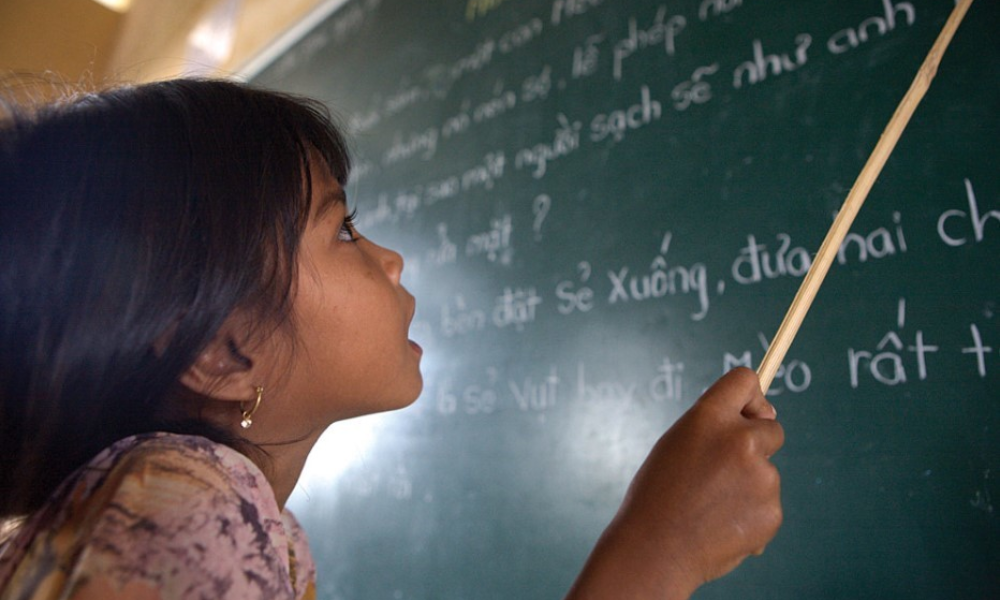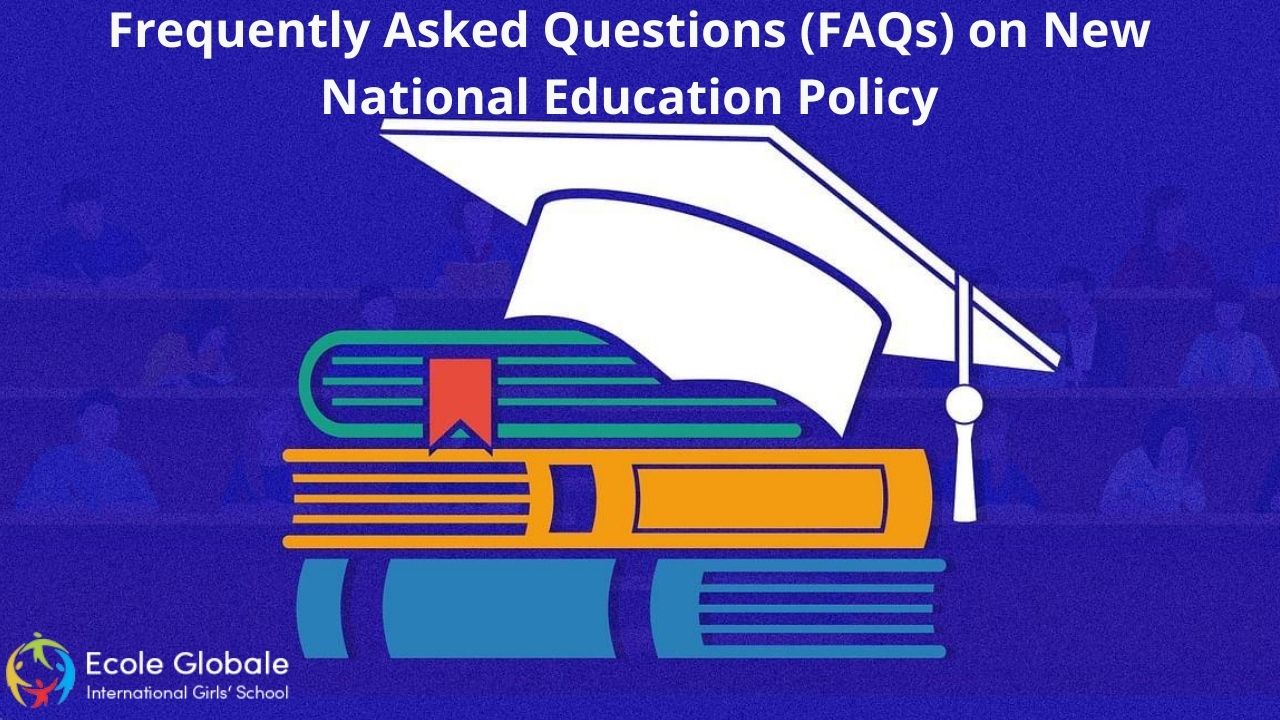The New (NEP) National Education Policy 2024 marks a significant shift in India’s educational framework, aiming to transform and modernize the education system. This policy focuses on holistic development, critical thinking, and preparing students for a globalized world. This article explores the key aspects of the (NEP) National Education Policy 2024, comparing it with previous policies and competitor articles to provide a thorough understanding.
Historical Context of National Education Policies 2024

Evolution of Education Policies in India
1968 Policy: Initiated by Prime Minister Indira Gandhi, emphasizing equal educational opportunities and regional language learning.
1986 Policy: Proposed by Prime Minister Rajiv Gandhi, focusing on educational equality, particularly for women and backward classes, and promoting the Open University system.
2020 Policy: Approved under Prime Minister Narendra Modi, restructuring the educational framework to enhance cognitive development and analysis-based learning.
Need for NEP National Education Policy 2024
Addressing Gaps: The NEP 2024 aims to tackle the issues of rote learning and disparities in educational standards across various boards.
Global Competitiveness: Emphasizes the need for India to become a global knowledge leader through quality education and skill development.
Key Features of NEP National Education Policy 2024

5+3+3+4 Educational Structure
| Stage | Years | Age Group | Classes | Focus |
| Foundational | 5 | 3-8 | Anganwadi, Pre-school, Grades 1-2 | Playful and activity-based learning |
| Preparatory | 3 | 8-11 | Grades 3-5 | Discovery, exploration, foundational literacy, and numeracy |
| Middle | 3 | 11-14 | Grades 6-8 | Subject-specific learning, project-based education |
| Secondary | 4 | 14-18 | Grades 9-12 | Flexibility in subject choices, preparing for higher education or vocational paths |
Holistic Development and Inclusivity
Cognitive and Emotional Growth: NEP National Education Policy 2024 aims to foster overall development, integrating cognitive, emotional, and societal aspects.
Inclusivity: Ensures education for all, regardless of socioeconomic or physical barriers.
Changes in Evaluation and Curriculum

New Evaluation Methods
Combination of Assessments: Self-assessment, peer assessment, and teacher assessment.
Redesigning Board Exams: More objective type questions and a focus on holistic development through the National Assessment Centre, PARAKH.
Curriculum Revisions
Skill-Based Learning: Emphasis on vocational education and digital literacy from an early age.
Regional Language Instruction: Teaching in regional languages up to Grade 5 to strengthen foundational learning.
Higher Education Reforms

Multiple Entry and Exit Options
| Duration | Qualification |
| 1 year | Certificate |
| 2 years | Advanced Diploma |
| 3 years | Bachelor’s Degree |
| 4 years | Bachelor’s with Research |
Credit Bank System: Allows students to store and transfer academic credits digitally.
Common Entrance Exam
Unified Admission Test: Conducted by the National Testing Agency for all higher education institutes, simplifying the admission process.
Teacher Training and Development

Enhancing Teacher Qualifications
Integrated B.Ed Degree: Mandatory four-year degree for teachers.
Continuous Professional Development: Regular training and assessment modules to align with new teaching methodologies.
National Curriculum Framework for Teacher Education (NCFTE)
Collaborative Development: Formulated by NCTE in association with NCERT to update teaching practices and standards.
Implementation and Review

Government Roles
Central and State Collaboration: Implementation regulated by specific laws and policies formulated by both central and state governments.
Monitoring and Evaluation: Establishment of an Implementation and Review Committee to oversee the effectiveness of the policy.
Sarthak Scheme
Comprehensive Development: Launched to ensure quality education and development for students and teachers, incorporating suggestions from various stakeholders.
Conclusion
The New National Education Policy 2024 represents a transformative approach to education in India, emphasizing holistic development, inclusivity, and global competitiveness. By addressing the shortcomings of previous policies and incorporating contemporary educational needs, NEP 2024 aims to create a robust and adaptable education system.
FREQUENTLY ASKED QUESTION
1. What are the key features of NEP 2024?
ANSWER. The policy introduces a 5+3+3+4 educational structure, new evaluation methods, holistic development, inclusivity, and higher education reforms.
2. How does the NEP 2024 differ from previous policies?
ANSWER. NEP 2024 addresses the shortcomings of rote learning, promotes critical thinking, and includes specific implementation strategies for a more modern and inclusive education system.
3. What is the 5+3+3+4 structure?
ANSWER. It is a new educational structure dividing education into four stages: Foundational, Preparatory, Middle, and Secondary, focusing on different learning approaches.
4. How does NEP 2024 promote inclusivity?
ANSWER. NEP 2024 ensures education for all, irrespective of socioeconomic or physical barriers, promoting cognitive and emotional growth.
5. What changes in evaluation methods are proposed?
ANSWER. The policy introduces self-assessment, peer assessment, teacher assessment, and redesigned board exams with more objective-type questions.










What would be difference in syllabus of state board with respect to CBSE /ICSE Board or is it that everyone would have same syllabus.
I am often to blogging and i really respect your content. The article has really peaks my interest. I’m going to bookmark your site and keep checking for new information.
Pingback: Child Labour Prevention To Avoid Low Attendance
Pingback: Importance Of Sports Along With Education
Hello There. I found your blog using msn. This is an extremely well written article. I will make sure to bookmark it and return to read more of your useful info. Thanks for the post. I will certainly comeback.